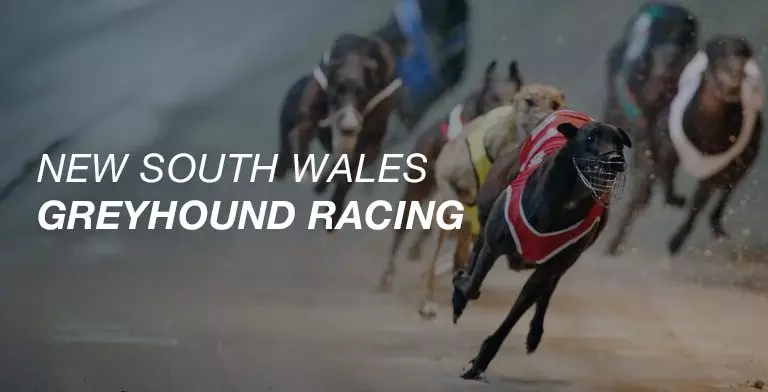Brenton Scott responds to concerns facing NSW industry

THE head of the NSW Greyhound Racing Industry Alliance has called for participants to stay optimistic despite recent criticism of the NSW government following the repeal of the greyhound racing prohibition bill.
The industry has been divided since the ban was officially overturned earlier this month, the government announcing at the same time that it would be providing $41 million in funding over a five-year period to help with industry reforms.
The funding followed the report from the NSW Greyhound Industry Reform Panel which made a series of recommendations on how the industry can improve – including the separation of the commercial and regulatory aspects of the business.
Despite the funding announcement, some participants and politicians, who have championed the greyhound cause in NSW believe the industry cannot survive without a renegotiation of the intercode and tax parity agreements.
Last week, Australian Racing Greyhound released a series of figures estimating the true costs of greyhound racing reform which approximated that the industry could be losing up to $24 million per annum.
But Alliance boss Brenton Scott said the funding was a step in the right direction and a springboard to a successful future for greyhound racing in NSW.
“I have considerable faith in the reform panel recommendations ensuring that the industry has the right personnel in place to oversee the operations of the Commission and Commercial entity,” Scott, who is also the CEO of the NSW Greyhound Breeders, Owners and Trainers Association, said.
“I believe the industry will, in the future, be strategically driven with a clear vision and the collective will to pursue this vision relentlessly and without compromise.
“Whilst the Government's support package is appreciated, the NSW GBOTA and Alliance position was obviously to advocate for equitable recurrent funding, consistent with the recommendations.
“Of course, the NSW GBOTA and Alliance were not the only forces seeking a better outcome. Many individuals took the time to respond to the recommendations and to lobby politicians.
“All who made contributions over the past nine months will view the support package as a step in right direction but not an outcome that deals with the ongoing recurrent funding needs.
“I do not think it is unreasonable, however, to believe that the industry can extract further value in the future from the political relationships, across the full parliamentary system, that are now in place.
“The Hansard comments of the Minister, the Shadow Minister, Kevin Humphries, Peter Primrose etc., by any fair assessment, clearly indicate that there is both political awareness and sympathy for the recurrent funding disadvantage incurred by the greyhound industry as a result of cross code subsidization caused by both the Inter-code Deed and Tax harmonization payments.
“The public comments of the Racing Minister in support of future partnering remain significant. And I don't under-value the fact that Labor, Shooters, Fishers and Farmers and the Christian Democrats were prepared to support an amendment to the legislation, which committed to more funding.”
Scott said there are numerous challenges facing the industry, but urged participants to stay positive and embrace reforms.
“The NSW GBOTA and the Alliance have supported the need for industry reform, the right for the industry to have the commercial autonomy so as to ensure its controls its operational footprint and a fair funding model.
“The adoption of best practice, regulation, governance and animal welfare standards were, and are, crucial if we are to assure ourselves that the industry's reputation will never again be put at risk.
“The challenges before industry are to (a) ensure the reform undertakings are put in place as cost efficiently as possible whilst (b) ensuring we maximise our revenue returns and (c) maximising the prizemoney per greyhound ratio.
“Given where we were at on July 7, 2016, I believe the industry has collectively made outstanding progress during the past eight months.
“I think now is a time for optimism, a time for confidence in our future capacity.
“The industry's deep seated commitment to reform is respected by the parliamentary system. Our political relationships are strong and meaningful.
“We will have a commercial entity properly geared to drive industry strategy and efficiency. Whilst there is more to be done, the industry should view its collective efforts and resilience of the past nine months with some pride.
“It was always our intention to lay a foundation for an ethical and sustainable future… that foundation is in place and the building now begins.”